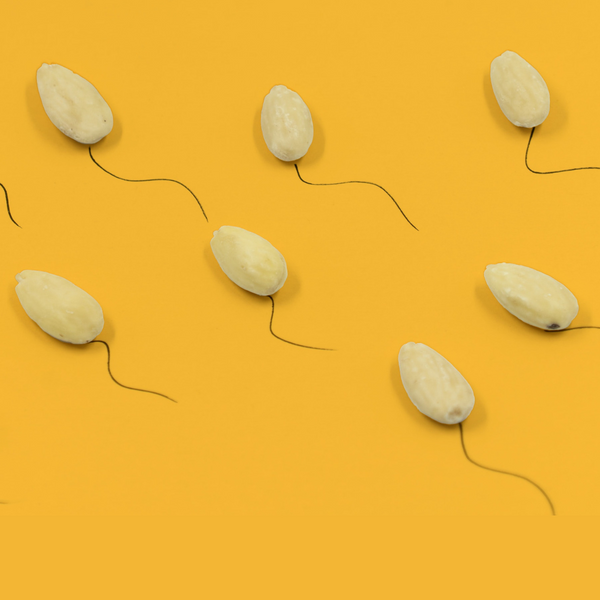
Article
Article
Posted on
Female fertility is intricately linked to hormonal balance, stress levels, and overall health. Magnesium, an often-overlooked mineral, plays a pivotal role in these areas, making it a vital nutrient for women trying to conceive.
From regulating hormones like progesterone and oestrogen to supporting ovulation and reducing the impact of stress, magnesium is an essential part of a fertility-focused lifestyle.
This article explores the critical ways magnesium enhances female fertility, provides insights into the best forms of magnesium, and shares tips for incorporating this powerful mineral into your routine.

Hormones control every stage of the reproductive cycle, including ovulation, fertilisation, and implantation. Imbalances in key hormones such as progesterone, oestrogen, and follicle-stimulating hormone (FSH) can disrupt this cycle, reducing the chances of conception.
Magnesium is crucial for hormonal balance because it regulates the hypothalamus-pituitary-adrenal (HPA) axis, which controls hormone production. Additionally, magnesium supports the synthesis of progesterone, a hormone essential for preparing the uterine lining for implantation. Research suggests that magnesium deficiency is linked to irregular menstrual cycles and conditions like polycystic ovary syndrome (PCOS), which can negatively affect fertility.
Ovulation, the release of an egg from the ovary, is a key step in the fertility journey. Magnesium plays a direct role in ovulation by supporting the function of FSH and luteinising hormone (LH), both of which are necessary to trigger egg release. Magnesium also reduces inflammation, which is critical for maintaining healthy ovarian function and improving egg quality.
Studies have shown that women with higher magnesium levels are more likely to have regular ovulation cycles, increasing their chances of conception. For women undergoing fertility treatments like IVF, magnesium may improve ovarian response and egg health, enhancing the likelihood of a successful outcome.
Stress is a common barrier to conception, and chronic stress can disrupt the menstrual cycle by interfering with the HPA axis. Magnesium is a natural stress reliever, helping to reduce cortisol levels (the stress hormone) and promoting relaxation. Lower stress levels not only improve overall well-being but also support hormonal balance and increase the likelihood of ovulation.
For women trying to conceive, magnesium chloride is particularly effective because it can be applied topically, bypassing the digestive system and delivering immediate relaxation benefits. A magnesium bath or magnesium oil massage can be a soothing addition to a fertility-focused routine.
Magnesium also plays a role in managing fertility-related conditions such as:
Not all magnesium supplements are created equal. The effectiveness of magnesium depends on its form and how well it is absorbed by the body. Here are the best forms of magnesium for fertility:
For women trying to conceive, we recommend incorporating Zita West Magnesium, a marine derived magnesium into your routine as it is versatile, fast-acting, and easy to use. Each serving provides a high dose of magnesium and is rich in trace minerals, ensuring greater absorption than magnesium alone.
In addition to supplements, incorporating magnesium-rich foods into your diet is an excellent way to support hormonal balance and overall reproductive health. Some of the best food sources of magnesium include:
Incorporating these foods into your meals can help ensure you get a steady supply of magnesium, supporting your fertility journey naturally.

Beyond diet and supplements, adopting certain lifestyle habits can help optimise magnesium levels:

Magnesium is an essential nutrient for female fertility, playing a critical role in balancing hormones, supporting ovulation, and managing stress. Whether consumed through magnesium-rich foods, supplements, or lifestyle practices, ensuring adequate magnesium intake can significantly enhance your chances of conception.
If you’re trying to conceive or preparing for assisted reproductive treatments like IVF, consider adding magnesium to your routine. To learn more, why not book a free1:1 consultation with our nutrition team. Our passionate practitioners can listen and recommend products to suit your unique journey. Tap here to book.

Article

Article

Article